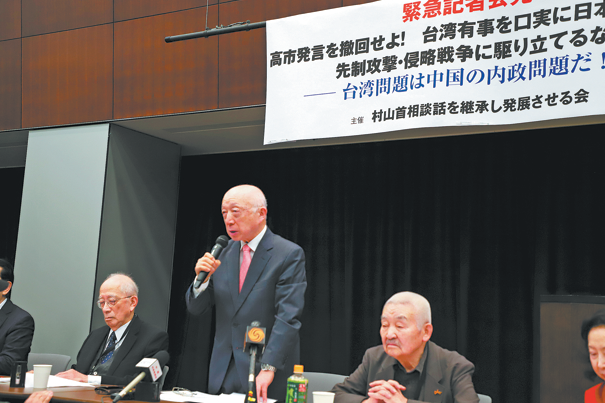Unleashing the potential of cities for a net-zero future


Fabienne Michaux, director of the UNDP SDG Impact Initiative, recognized the importance of integrating the SDGs into decision-making at all levels, both in government and enterprises. She pointed out there must be a shift from thinking about sustainability as an "add-on" to business, to using SDGs strategically to make decisions.
The first panel of the conference looked at the role of local governments in decarbonization and scaling-up green technologies. In particular, leading corporate executives and researchers of emerging technologies discussed how cities can support the private sector and high-tech zones to reduce emissions and accelerate a low-carbon transition.
The second panel discussion focused on how carbon trading can help to support efforts to achieve net-zero. Top experts and executives of Shanghai, Beijing, and Sichuan province discussed about the critical role of green finance in China's green transition. In particular, panelists emphasized the need for action on further strengthening emission trading systems to effectively reduce carbon emissions, as well as how enterprises should adapt and participate in carbon markets to facilitate their own low-carbon transition.
During the conference, the second edition of a pioneering baseline study series about how enterprises in China taking actions to align business strategies and operations with the SDGs was also launched as a joint effort by UNDP, PwC, and China Chamber of International Commerce (CCOIC).
This year's edition of the study, titled Pathway to Net Zero: SDG Practices of Enterprises in China, has a special focus on how China's recent climate commitments have encouraged companies to pursue low-carbon initiatives and reexamine their operations. Following the launch event, researchers and business executives from a variety of sectors came together in a panel to share their practices in integrating SDGs into corporate governance and discuss how they are adapting to the changing policy environment following China's dual carbon goals.
At the same time, the launch ceremony of the INSPIRO Fellowship was held during a parallel session in Chengdu. The one-year program is bringing together more than 50 outstanding tech entrepreneurs from China and Europe across various industries, including biotech, hardware, green tech, and digitalization. During the ceremony, extensive discussions on topics such as cross-border partnership, women in the tech industry, and tech for social good took place among fellows from various cultural backgrounds.
The first cohort of INSPIRO will last until September 2022, forming a community to share ideas and spark conversations about business and technology, promote technologies that generate positive social impact, and create opportunities for business partnership between China and Europe in the post-pandemic era.






























